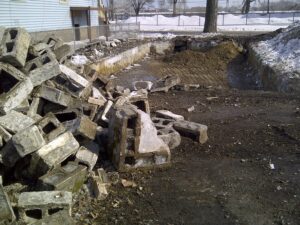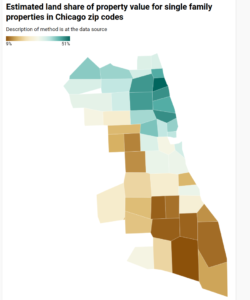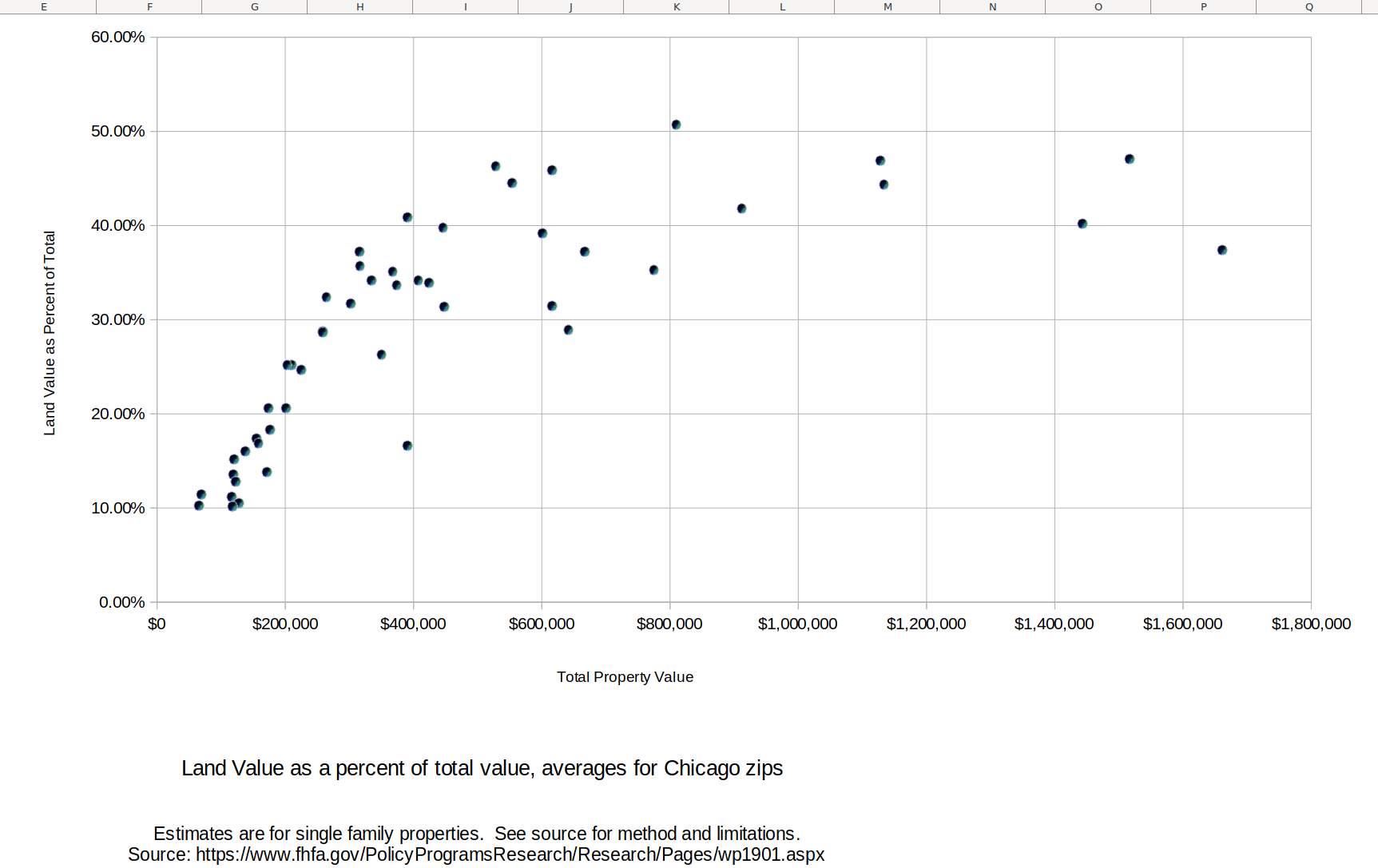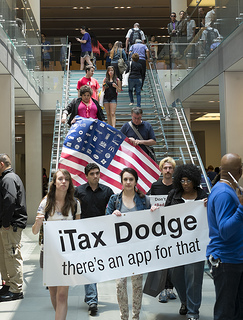
We have an article from Crains reporting on the winning proposal for solving the disaster that is the City of Chicago’s pension plans. Of course a new fee is involved, being a toll on DLSD. Article doesn’t disclose how much this toll would be, nor its likely impact on traffic. I suspect that parallel arterials would see increased congestion, while DLSD itself might flow a lot better with reduced traffic volumes.
The two runners-up proposed income tax increases. One would be a 1% income tax on the remaining Chicagoans, to be termed a “public safety tax” and used to fund police and fire departments, freeing up municipal funds to go to pensions. The other proposed raising the State income tax to 6%.
There were originally eight proposals, and perhaps one of the losing five made the logical proposal– a tax on whoever controls on-street parking. Like any real estate tax, this would be based on the value of the control, and should be set such that LAZ Parking can retain just enough profit to operate the system. .The Sun-Times’ Fran Spielman said LAZ grossed $136.2 million in 2021).
A tax collecting most of that annually could make a significant dent in $35.4 billion shortfall recently estimated for the City’s pension funds, tho it couldn’t cover the entire need. And that doesn’t include Chicago Public Schools, Cook County, State of Illinois, and other government pension funds which are in difficulty.
All these proposals come from students at UChicago’s Harris School of Public Policy. Which somehow reminds me of the remark decades ago from Mike Royko, observing that Hyde Park isn’t really part of Chicago, but rather a sixth boro of New York.









